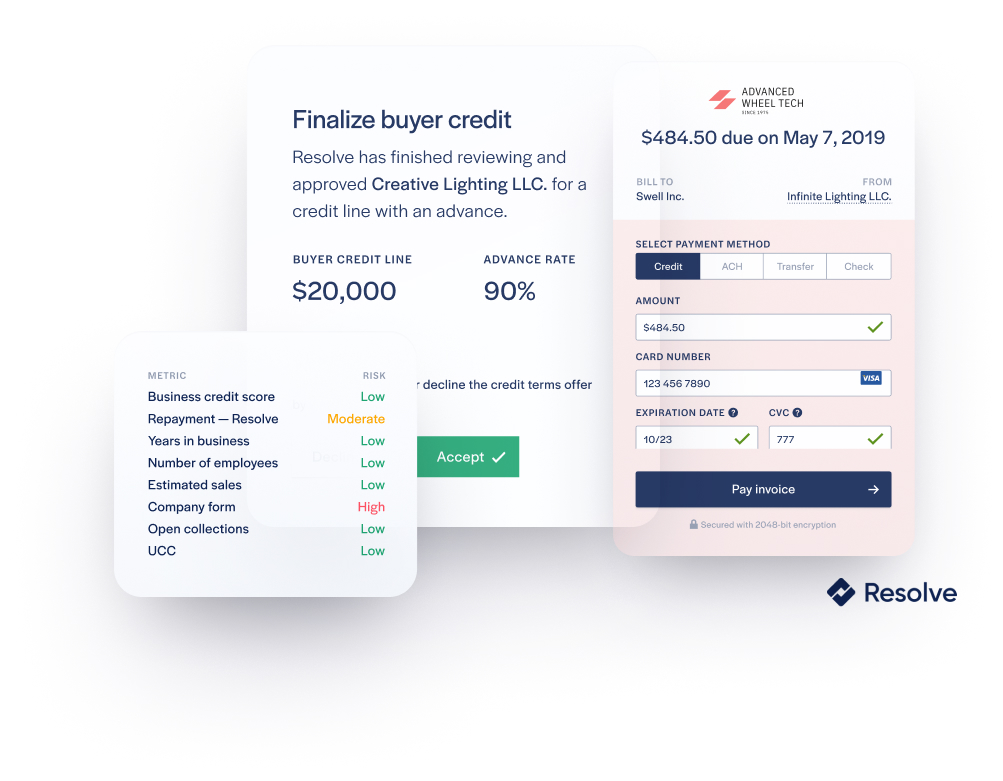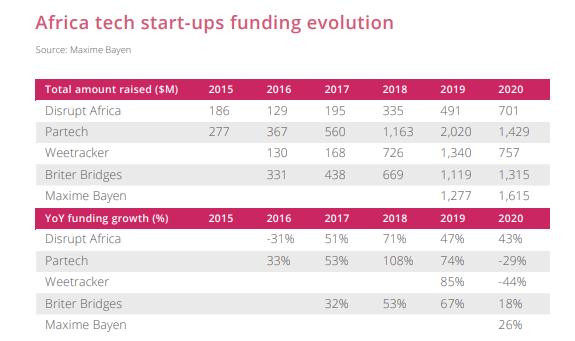News: Sinch, a Swedish customer engagement giant, raises $1.1B, SoftBank and Temasek participating
Sinch — a Twilio competitor based out of Sweden that provides a suite of services to companies to build communications and specifically “customer engagement” into their services by way of APIs — has been on a steady funding and acquisitions march in the last several months to scale its business, and today comes the latest
Sinch — a Twilio competitor based out of Sweden that provides a suite of services to companies to build communications and specifically “customer engagement” into their services by way of APIs — has been on a steady funding and acquisitions march in the last several months to scale its business, and today comes the latest development on that front.
The company has announced that it has raised another $1.1 billion in a direct share issue, with significant chunks of that funding coming from Temasek and SoftBank, in order to continue building its business.
Specifically, the company — which is traded on the Swedish stock exchange Nasdaq Stockhom and currently has a market cap of around $11 billion — said that it was making a new share issue of 7,232,077 shares at SEK 1,300 per share, raising approximately SEK 9.4 billion (equivalent to around $1.1 billion at current rates).
Sinch said that investors buying the shares included “selected Swedish and international investors of institutional character,” highlighting that Temasek and SB Management (a direct subsidiary of SoftBank Group Corp.) would respectively take SEK 2,085 million and 0.7 million shares. This works out to a $252 million investment for Temasek, and $110 million for SoftBank.
SoftBank last December took a $690 million stake in Sinch (when it was valued at $8.2 billion). That was just ahead of the company scooping up Inteliquent in the U.S. in January for $1.14 billion to move a little closer to Twilio’s home turf.
Sinch is not saying much more beyond the announcement of the share issue for now, except that the raise was made to shore up its financial position ahead of more M&A activity.
“Sinch has an active M&A-agenda and a track record of successful acquisitions, making [it] well placed to drive continued consolidation of the messaging and [communications platform as a service, CPaaS] market,” it said in a short statement. “Furthermore, the increased financial flexibility that the directed new share issue entails further strengthens the Company’s position as a relevant and competitive buyer.”
The company is profitable and active in more than 40 markets, and CEO Oscar Werner said in Sinch’s most recent earnings report that in the last quarter alone that its communications APIs — which works across channels like SMS, WhatsApp, Facebook Messenger, chatbots, voice and video — handled 40 billion mobile messages.
Notably, its strategy has a strong foothold in the U.S. because of the Inteliquent acquisition. It will be interesting to see how and if it continues to consolidate to build up market share in that part of the world, or whether it focuses elsewhere, given the heft of two very strong Asian investors now in its stable.
“Becoming a leader in the U.S. voice market is key to establish Sinch as the leading global cloud communications platform,” said Werner in January.
While Sinch has focused much of its business, like Twilio, around an API-based model focused on communications services, its acquisition of Inteliquent also gave it access to a large, legacy Infrastructure-as-a-Service (IaaS) product set, aimed at telcos to provide off-net call termination (when a call is handed off from one carrier to another) and toll-free numbers.
Tellingly, when Sinch acquired Inteliquent, the two divisions each accounted for roughly half of its total business, but the CPaaS business is growing at twice the rate of IaaS, which points to how Sinch views the future for itself, too.




